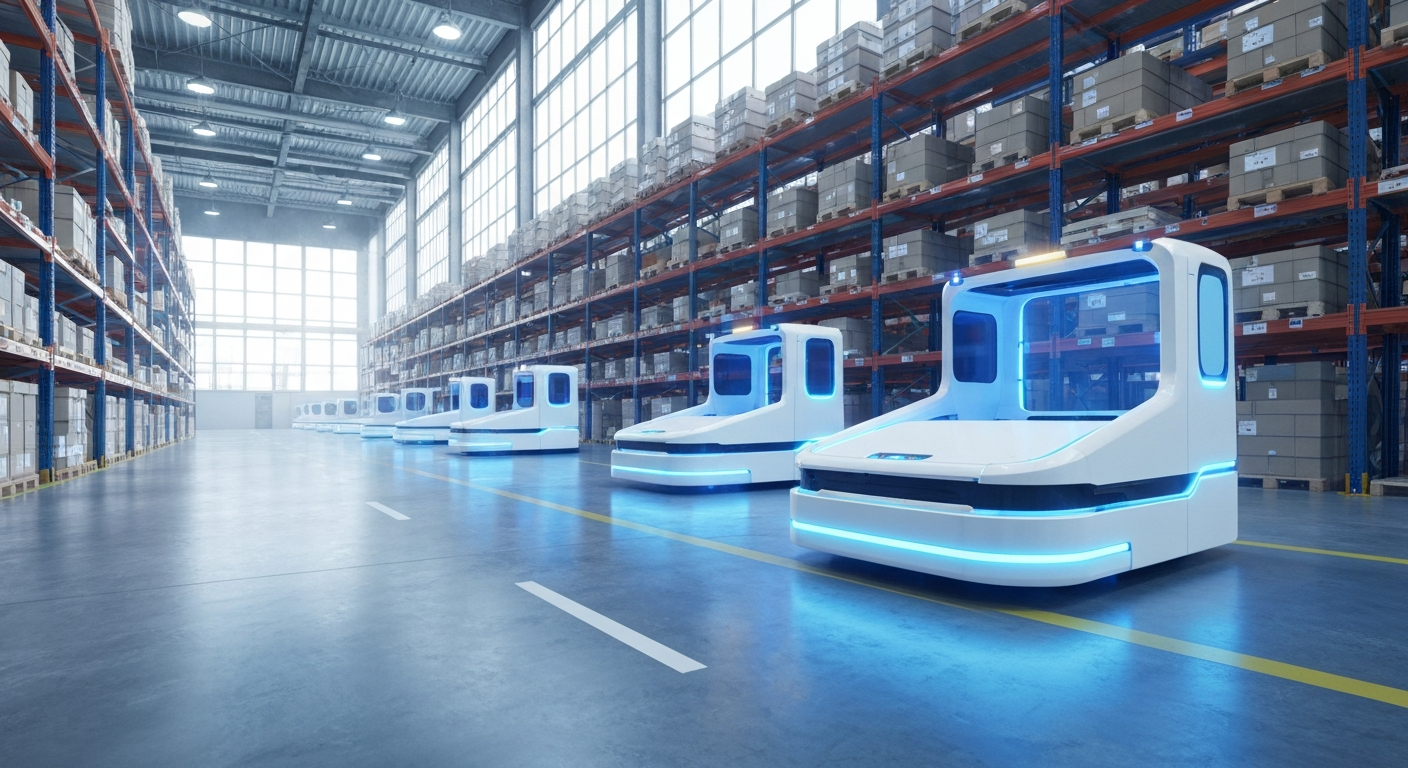In summary, it is important to recognize the essential role that historians play in capturing and preserving valuable operational process data within industries. Historians are specialized software systems designed to collect, store, and analyze vast amounts of data generated by various industrial processes. By continuously recording real-time data from sensors, machines, and production lines, historians provide a comprehensive historical record of operations. This historical data is instrumental in understanding the performance of industrial processes over time.
It allows businesses to track and analyze key metrics such as production rates, energy consumption, equipment efficiency, and product quality. With this information at hand, companies can identify patterns, trends, and potential areas for improvement. Moreover, historians play a crucial role in compliance and regulatory requirements. They help industries meet documentation standards by archiving critical operation data for audits or investigations. This ensures transparency and accountability while facilitating decision-making processes. Additionally, historians serve as a valuable resource for troubleshooting issues or investigating incidents within industries. By providing access to detailed historical records that capture the sequence of events leading up to an incident or anomaly, historians enable engineers and operators to identify root causes more efficiently.
Ultimately, by capturing and preserving operational process data within industries on an ongoing basis, historians contribute significantly to optimization efforts aimed at enhancing productivity levels and reducing costs. Their ability to provide insights into past performance empowers organizations with valuable knowledge that can drive informed decision-making for improved operational efficiency in the future. It provides insights into historical trends and patterns which can be utilized for optimization efforts or troubleshooting purposes. Selecting the right historian software depends on specific requirements and considerations unique to each organization's needs.





